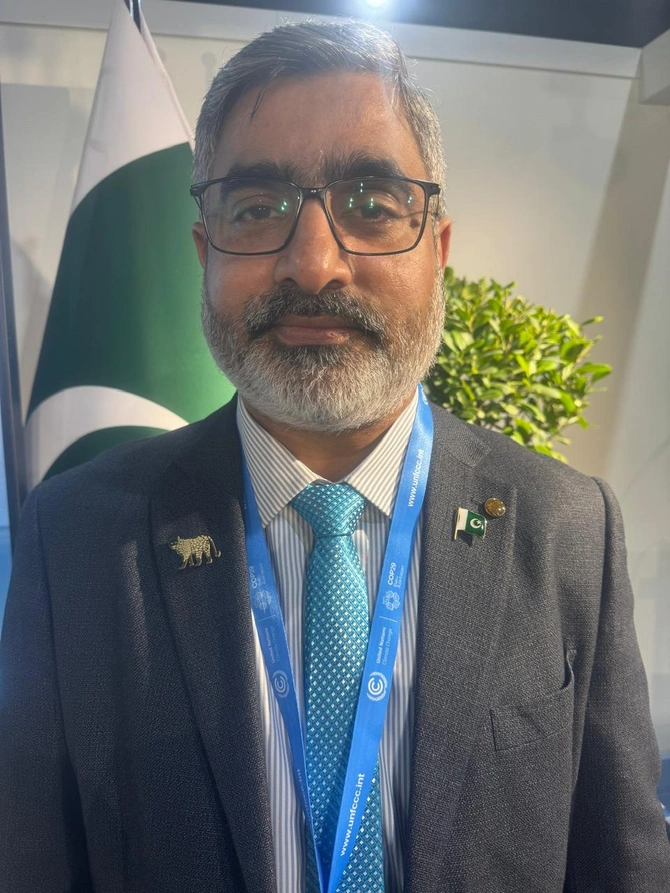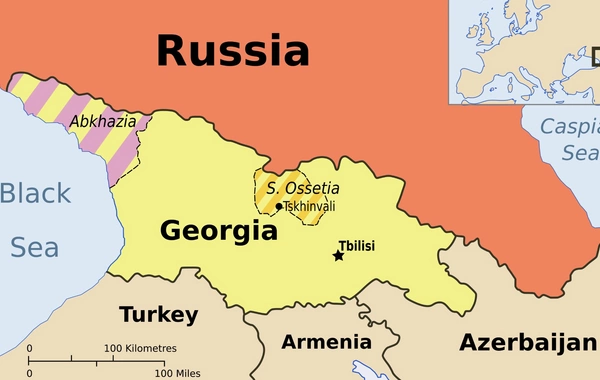
"By working together, both countries can share experiences and expertise. Joint efforts can amplify our impact, benefiting both nations while addressing global environmental challenges."
Google images
The Caspian Post presents an interview with Shehzad Sadiq, Deputy Project Director of the Green Pakistan Programme in Sindh.
-Welcome, Mr. Sadiq, and thank you for speaking with us. Could you share your impressions of Azerbaijan and COP29?
- Thank you! It’s an honor to be here. Azerbaijan is a truly beautiful country with warm, hospitable people and incredible food. Being part of COP29 in Baku has been a wonderful experience. I must commend the Azerbaijani government and people for organizing such a significant event. It’s inspiring to see representatives from around the world come together to discuss critical issues like environmental protection and climate change. This event underscores Azerbaijan’s dedication to addressing global environmental challenges.
- Could you tell us more about Pakistan’s environmental efforts, particularly the Green Pakistan Program?
- Absolutely. The Green Pakistan Program is the largest tree plantation initiative in Pakistan’s history. It was launched five to six years ago and has been instrumental in promoting sustainability and combating climate change. Under this program, millions of trees have been planted across the country, helping to restore our forests and mitigate environmental degradation. At COP29, we held a session to share insights about this program, highlighting its successes and the lessons we’ve learned along the way.
- How do you see Pakistan and Azerbaijan collaborating on environmental issues?
- There’s immense potential for collaboration. During my visit, I explored several cities in Azerbaijan and was delighted to find many tree species that are common in Pakistan, such as Broadleaf species. This shared biodiversity creates a natural foundation for cooperation. By working together, both countries can share experiences and expertise. For instance, the strategies and success stories we’ve implemented in Pakistan can be valuable to Azerbaijan, and vice versa. Joint efforts can amplify our impact, benefiting both nations while addressing global environmental challenges.

- What specific areas of collaboration would you prioritize between Pakistan and Azerbaijan?
- First, I believe we should focus on biodiversity conservation and reforestation projects. Shared tree species make this a natural starting point. Additionally, exchanging knowledge on sustainable forestry practices and climate adaptation strategies would be highly beneficial. Collaborative research initiatives and training programs for environmental experts from both countries could also help us strengthen our efforts. Lastly, by sharing our success stories, we can inspire each other to take even bolder steps in combating climate change.
- What are your hopes for the outcomes of COP29, particularly regarding regional collaboration?
Shehzad Sadiq: My hope is that COP29 serves as a catalyst for stronger regional and global partnerships. Climate change is a shared challenge, and no country can tackle it alone. By building networks of collaboration, like the one I envision between Pakistan and Azerbaijan, we can make meaningful progress. Events like COP29 provide an excellent platform for exchanging ideas, showcasing successful initiatives, and laying the groundwork for joint projects.
- Thank you, Mr. Sadiq, for sharing your insights. Is there anything else you’d like to add?
- I would like to thank Azerbaijan once again for hosting such a wonderful event. It’s been a privilege to be here and witness the commitment of so many nations to combating climate change. I look forward to seeing how the ideas and partnerships born at COP29 translate into tangible action for the betterment of our planet.
- Thank you, Mr. Sadiq, for your time and inspiring words.
Share on social media

"By working together, both countries can share experiences and expertise. Joint efforts can amplify our impact, benefiting both nations while addressing global environmental challenges."